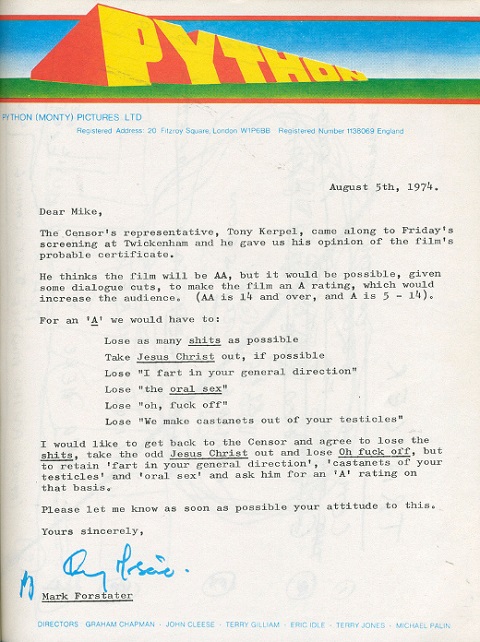Perhaps you saw Spike Jonze and Dave Egger’s twee, sunlit, achingly earnest adaptation of the Maurice Sendak classic Where the Wild Things Are. Perhaps you found it irresistibly charming. Perhaps, however, you missed the sharp edges of Sendak’s lean adventure, its undercurrent of feral violence, its flirtations with matricide and cannibalism. Well who better to convey such frightening undertones than master of casual menace Christopher Walken?
Just above, hear him read Wild Things like you’ve never heard it before. Walken’s interpolated commentary on the illustrations draws our attention to a few features we probably missed in our several hundred readings of the book, such as the possible suicide of Max’s teddy bear and a potential swarm of giant insects in his transformed bedroom. After you hear Walken’s take, Max’s harmless suppertime daydream might give you nightmares.
Walken has long enjoyed entertaining the kiddies with his creepy interpretations of children’s stories. Just above see him read the Three Little Pigs in 1993 on the British comedy series Saturday Zoo. Once again, he adds his own explanatory comments. He’s a little more Billy Crystal than Captain Koons this time, and if his delivery doesn’t make you LOL, his day-glo sweater and wicker throne won’t fail to. Host Jonathan Ross liked the reading so much he invited Walken to read again in 2009 on his BBC show Friday Night with Jonathan Ross. This one’s for the older kids—a deadpan rendition of Lada Gaga’s “Poker Face,” below. Can’t get enough of Walken’s readings? Don’t miss Kevin Pollack’s spot-on parody of the actor Mickey Rourke once called a “strange being from another place.”
If you would like to sign up for Open Culture’s free email newsletter, please find it here. It’s a great way to see our new posts, all bundled in one email, each day.
If you would like to support the mission of Open Culture, consider making a donation to our site. It’s hard to rely 100% on ads, and your contributions will help us continue providing the best free cultural and educational materials to learners everywhere. You can contribute through PayPal, Patreon, and Venmo (@openculture). Thanks!
Related Content:
Edgar Allan Poe’s “The Raven,” Read by Christopher Walken, Vincent Price, and Christopher Lee
Horror Legend Christopher Lee Presents a Heavy Metal Version of The Little Drummer Boy
Lou Reed Rewrites Edgar Allan Poe’s “The Raven.” See Readings by Reed and Willem Dafoe
Josh Jones is a writer and musician based in Durham, NC. Follow him at @jdmagness.


